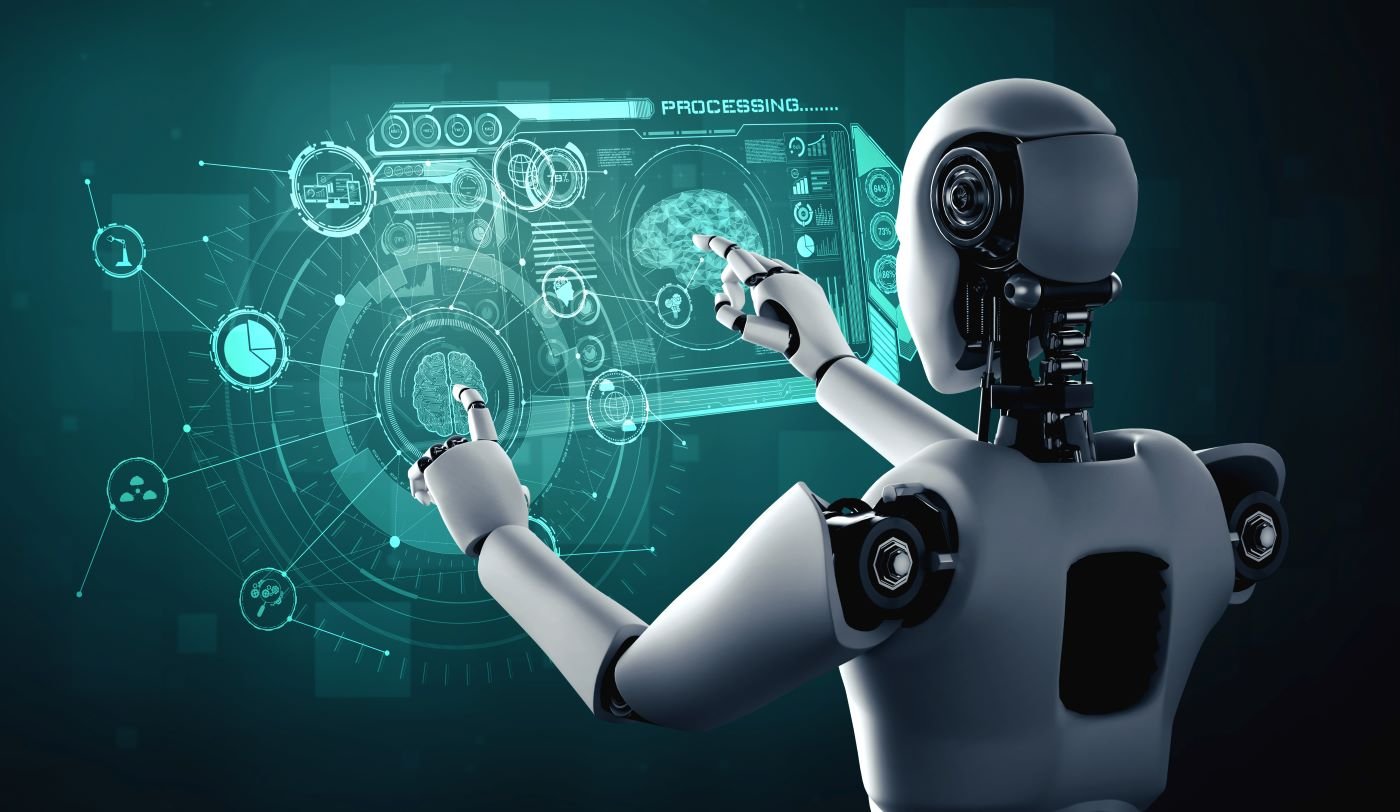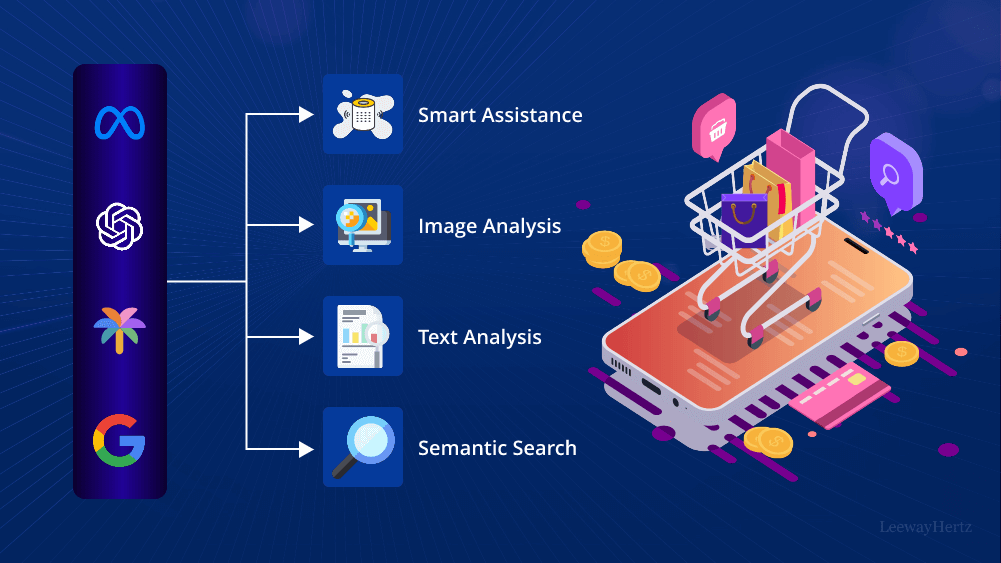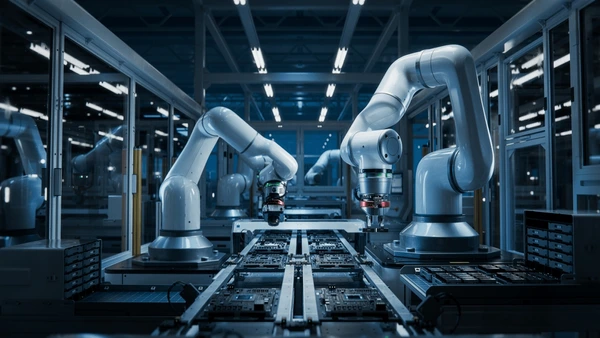
Process Automation with AI
Process automation with AI services involves using artificial intelligence technologies to streamline and optimize repetitive and time-consuming business tasks. By integrating tools like machine learning, natural language processing, and robotic process automation (RPA), businesses can reduce manual work, minimize human errors, and improve overall efficiency. AI-driven automation enhances decision-making, accelerates workflows, and allows teams to focus on strategic initiatives rather than routine operations. Whether it's automating customer support, data processing, or document handling, AI services empower organizations to scale faster, cut costs, and stay competitive in the digital age.
Powerful AI-Driven Features
Intelligent Workflow Analysis
Our AI analyzes your existing processes to identify automation opportunities and optimization potential with machine learning algorithms.
Real-Time Process Execution
Execute complex workflows instantly with our high-performance automation engine that handles thousands of tasks simultaneously.
Predictive Analytics
Leverage advanced analytics to predict process bottlenecks, resource needs, and optimization opportunities before they occur.
Adaptive Learning
Continuously improves performance by learning from process patterns, user interactions, and operational data.
Enterprise Security
Bank-grade security with end-to-end encryption, role-based access control, and comprehensive audit trails.
Seamless Integration
Connect with 500+ business applications through our robust API ecosystem and pre-built connectors.
Natural Language Processing
Process unstructured data from emails, documents, and forms automatically with advanced NLP capabilities.
Computer Vision
Extract data from images, PDFs, and scanned documents with state-of-the-art optical character recognition.
Process Mining
Discover hidden inefficiencies in your workflows through advanced process mining and visualization techniques.

Financial Services
- Automated loan processing and credit scoring
- Fraud detection and prevention
- Regulatory compliance monitoring
- Algorithmic trading and portfolio management
E-commerce & Retail
- Personalized product recommendations
- Dynamic pricing optimization
- Inventory management and demand forecasting
- Customer service automation


Manufacturing
- Predictive maintenance scheduling
- Quality control and defect detection
- Supply chain optimization
- Production planning and resource allocation
1
Process Identification
Identify and prioritize repetitive, rule-based, and time-consuming tasks suitable for automation
2
Data Collection & Analysis
Gather structured and unstructured data to train AI models and understand workflow patterns
3
AI Model Selection
Choose appropriate AI tools such as machine learning, NLP, computer vision, or RPA bots based on the task type.
4
Workflow Integration
Integrate AI into your existing systems and automate task execution through APIs or automation platforms
5
Testing & Optimization
Run pilot tests, monitor outputs, and fine-tune models and rules to ensure accuracy and reliability.
6
Deployment & Scaling
Deploy the solution across teams or departments and scale it as the business grows, with continuous learning and improvement
